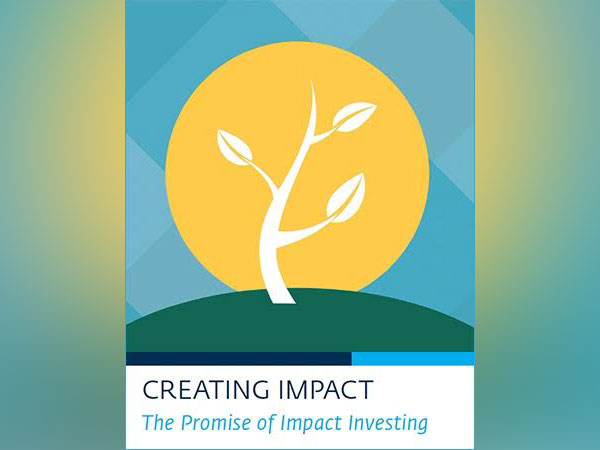Washington: The International Finance Corporation (IFC), a member of the World Bank Group, says that appetite for impact investing is growing globally and could be as high as 26 trillion dollars.
Impact investing is generally defined as investments made in companies or organisations with the intent to contribute measurable positive social or environmental impact along with a financial return.
The IFC report titled ‘Creating Impact: The Promise of Impact Investing’ says as much as 269 trillion dollars — the financial assets held by institutions and households across the world — is potentially available for investment.
“If just 10 per cent of this were channeled toward investments focused on improving social and environmental outcomes, it would go a long way toward providing the funding necessary to achieve the Sustainable Development Goals while also facilitating a shift to a low-carbon future.”
IFC Chief Executive Officer Philippe Le Houerou estimates that investor appetite for impact investing is as high as 26 trillion dollars: 21 trillion dollars in publicly traded stocks and 5 trillion dollars in private markets involving private equity, non-sovereign private debt and venture capital.
“Turning this appetite into actual investments will depend on the creation of investment opportunities and investment vehicles that enable investors to pursue impact and financial returns in ways that are sustainable,” he said in the report.
Private impact funds currently total about 71 billion dollars. Larger amounts are invested by development finance institutions (including over 700 billion dollars by those following harmonised measurement metrics) and in green and social bonds (over 400 billion dollars outstanding).
In addition, a share of the 8 trillion dollars dedicated to activist investing in public markets may be managed for impact.
The growing demand for impact investing partly reflects demographic shifts. Younger investors increasingly favour socially and environmentally motivated investment strategies. And they are willing to invest larger amounts in them.
At the same time, small and medium enterprise (SME) finance gap for women entrepreneurs in developing countries is 1.48 trillion dollars. The private sector is key to bridging this gap.
“We have a historic opportunity to grow this market — and that’s good news for the planet and the communities around the world,” said Houerou.
IFC is one of the oldest and largest impact investors, working with more than 2,000 businesses worldwide.
In the fiscal year 2018, it delivered more than 23 billion dollars in long-term financing for developing countries, leveraging the power of the private sector to end extreme poverty and boost shared prosperity.
[source_without_link]ANI[/source_without_link]

